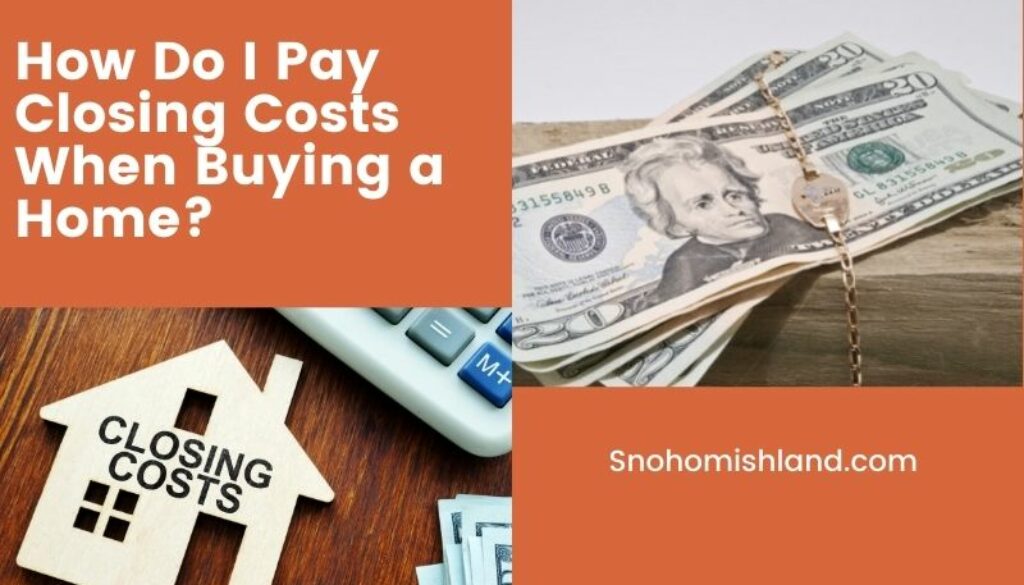How Do I Pay Closing Costs When Buying a Home?
Buying a home requires adequate financial preparation and knowing all the processes of buying a home. This article entails all that you will need to know about the closing cost and a step-by-step procedure of paying the closing price when purchasing a home.
What are closing costs?
Closing costs are fees levied on closing on your house. A closing cost is not part of the down payment. It is usually 2 to 5 percent of the mortgage.
What makes up a closing cost
- Loan origination fees. These are majorly the fees for processing and underwriting the loan. This fee is credited to your lender’s account after he has determined your loan eligibility.
- Appraisal and survey fees. The appraisal fee is a fee paid to someone to evaluate how much a home is worth. Payment for this service may go for several hundreds of dollars.
- Property tax. This tax is charged by the authorities of the jurisdiction of where the property is located. This tax will therefore vary with location. Six months of a progressive tax is usually paid at closing.
- Private mortgage insurance (PMI). When your down payment falls below 20 percent, you will have to PMI. This is meant to protect the lender against losses if you do not repay your loan.
- Homeowner insurance. In the United States, a homeowner’s insurance policy costs roughly $120 a month on average; however, the price varies depending on state legislation and where you live.
- Attorney fee. This fee includes the upfront consultation fee, contingency fee, flat fee, hourly rate, retainer fee, and statutory fee paid to the attorney. In addition, this fee may consist of your closing costs.
- Escrow fee. It is a fee that is directed to your escrow agent, who helps you to close. It varies based on the total purchase price of your home.
How to estimate your closing cost and how to pay
- Submit a mortgage application.
- The lender gives you a Loan Estimate (LE).
- Check through the LE for possible errors and ask your lender or attorney if there are errors.
- Before closing your cost, you will receive a Closing Disclosure listing your closing costs.
- Compare the Closing Disclosure to Loan Estimate (LE).
- Determine your closing cost.
- Check with your lender to check what forms of payment are acceptable.
The most cost-effective way to pay the closing cost is to pay them out of pocket as a one-time expense. However, you can decide to fold them into the loan only if the lender allows you to pay interest on the associated cost as long as the mortgage life is still on.
Final thought
The process of home buying is to determine the closing cost and know-how to pay them. It helps you get prepared and softens the tiresome home buying process. It is worth it for every homeowner to understand how to pay the closing cost when buying a home.
For more information on buying homes in Snohomish County homes or real estate, start here by contacting me today.
More Information for Local Residents
- Simple Steps to Home Buying
- How to Buy an Older Home in North Everett
- 10 Ways Homeowners ‘Trick’ Buyers in the Inspection
- 5 Things to Know About Buying a Historic Home
- The Importance of a Home Warranty
- What to know about the first year of homeownership
- Most on Closing Costs
- How to Make an Offer on an REO Property




